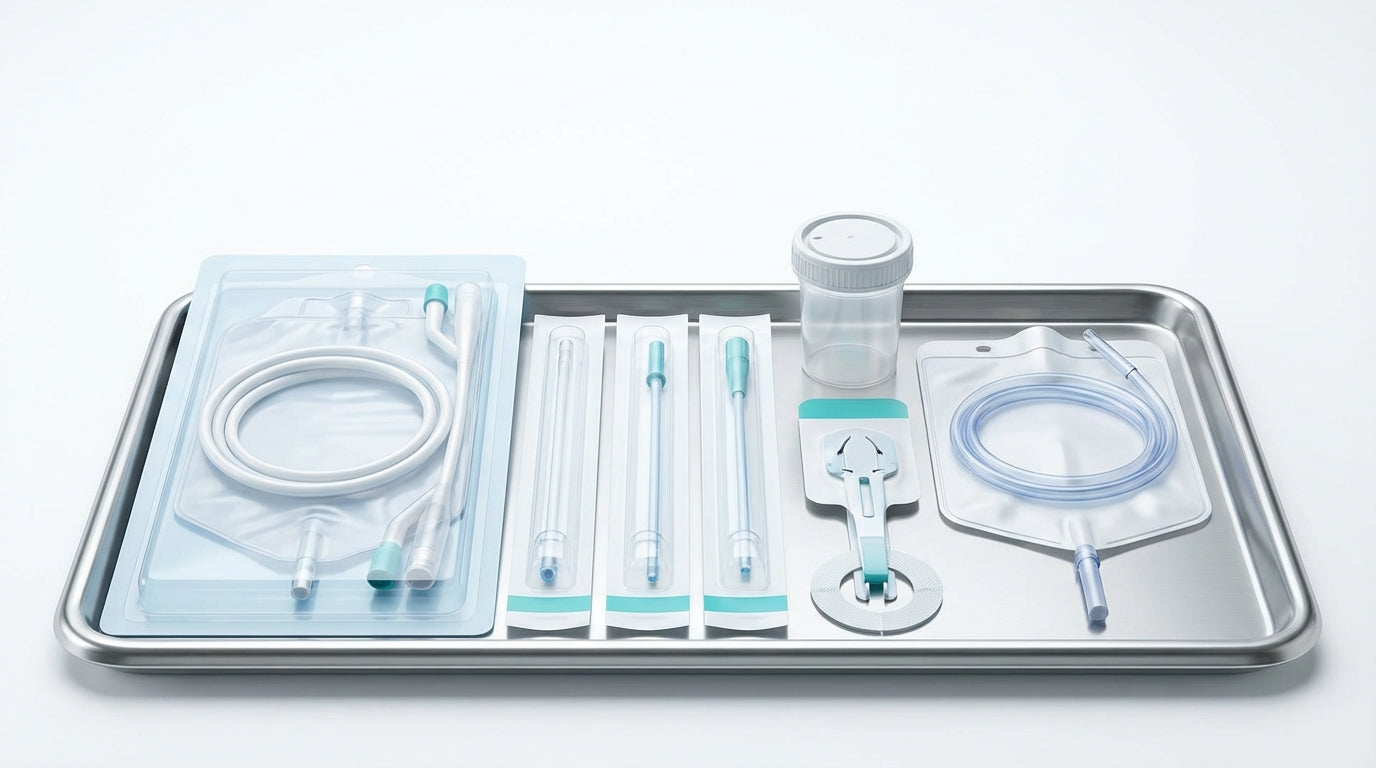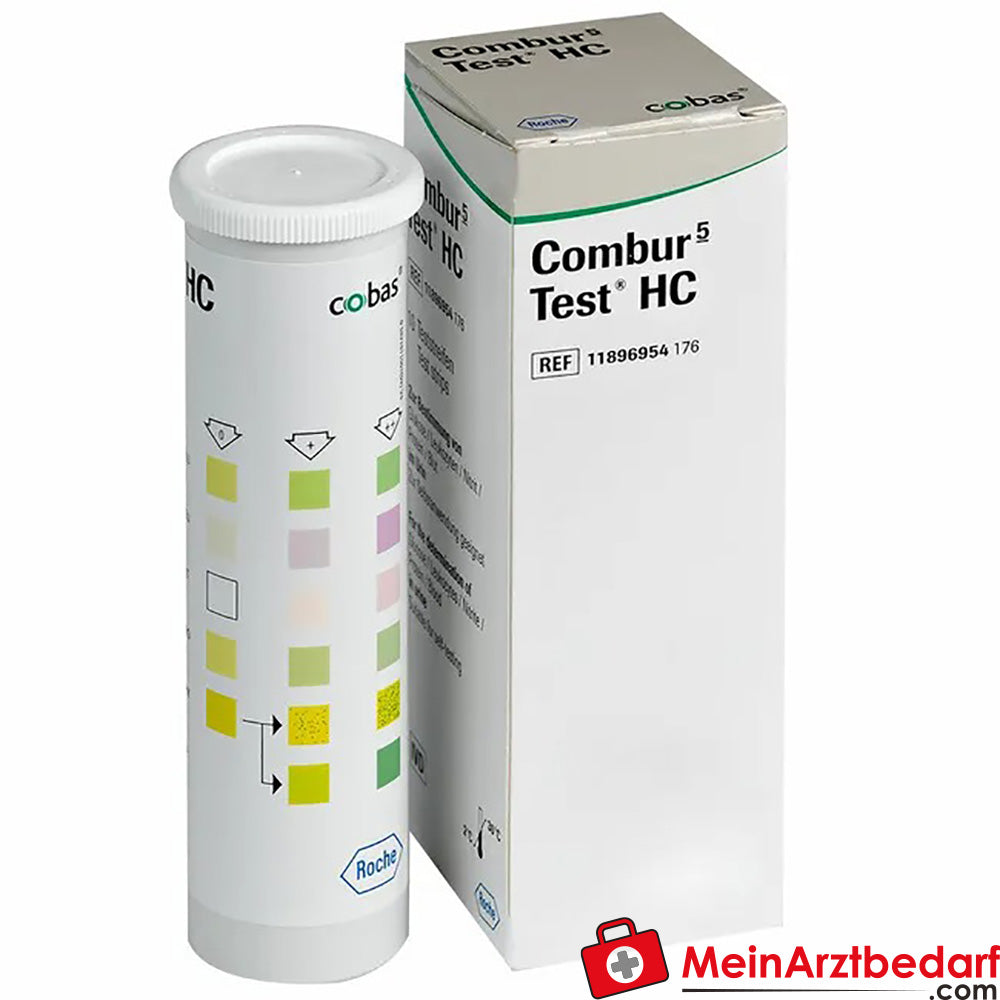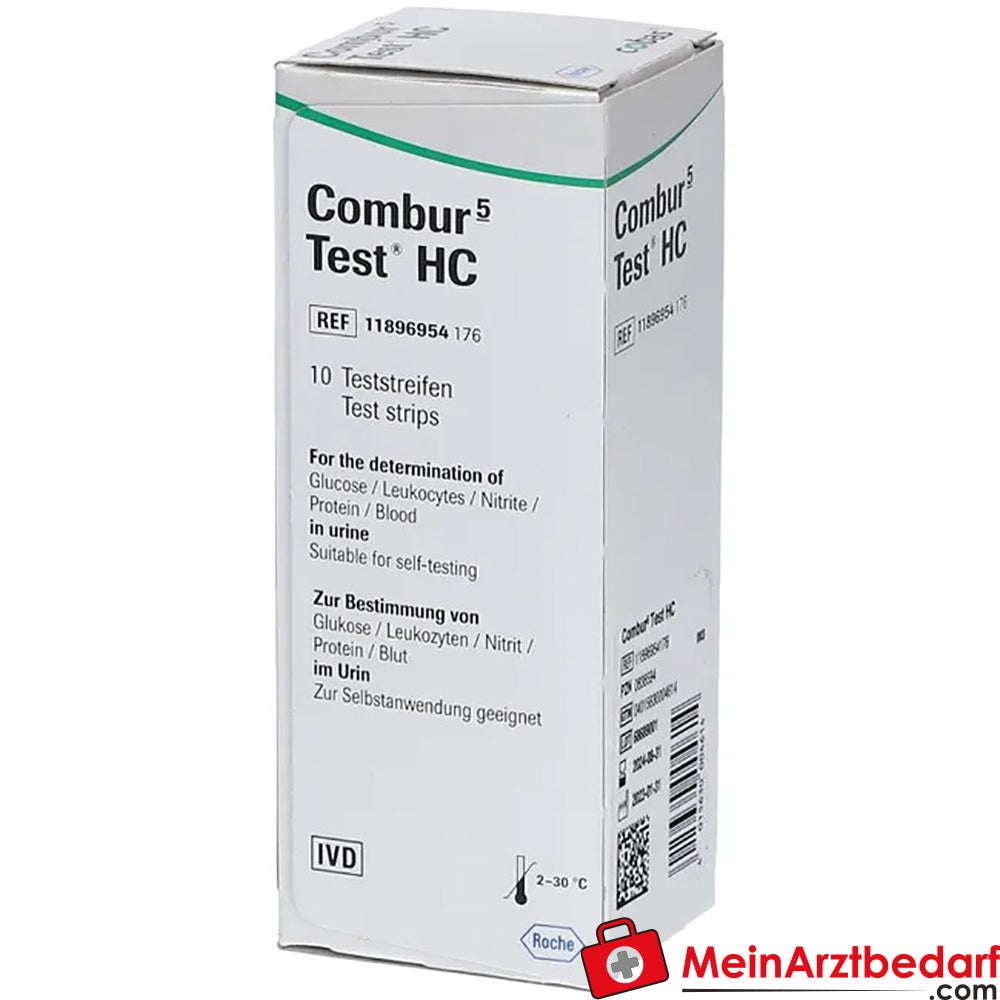9 Produkte
FilterHEUMANN SOLUBITRAT uro Blasen- und Nierentee Teepulver zum Auflösen mit Messlöffel (1,2 g)
Canephron N Dragees pflanzliches Arzneimittel für Harnwege
Sidroga Blasen‑Nieren‑Spültee Kräutertee Filterbeutel
Combur 5 Test HC Urin-Teststreifen 10 Stück
Biofax Classic pflanzliche Entwässerung Kapseln mit Hauhechel-, Bohnenschalen- und Birkenblatt‑Extrakt
Pflügerplex Chimaphila 150 H Chimaphila umbellata D2 Tropfen
femidoc Blasen- und Nieren-Filmtabletten 40 St., pflanzliches Arzneimittel mit Bärentraubenblatt, Birkenblatt, Goldrute
Heumanns Solubitrat Blasen- und Nierentee 30 g pflanzliches Arzneimittel zur Durchspülungstherapie
Pflüger Calculi comp. Ampulle homöopathisches Arzneimittel mit Berberis vulgaris, Solidago virgaurea, Lytta vesicatoria
Nieren & Harnwege
Einsatzbereiche und Anwendungsfelder
Produkte für die Nieren & Harnwege decken ein breites Spektrum von Diagnostik über Therapie bis hin zu Hygiene und Organisation ab. Typische Einsatzsituationen sind Urinprobenentnahme und -transport, Blasenentleerung und -ableitung, periurethrale Reinigung sowie kurzfristige und längerfristige Katheterversorgung. Die Auswahl geeigneter Materialien und Systeme unterstützt sichere Abläufe, minimiert Verunreinigungsrisiken und erleichtert die Handhabung im Routinebetrieb.
Produkttypen und Lösungen
In der Kategorie finden sich Einmalartikel und wiederverwendbare Komponenten, die auf Praktikabilität und hygienische Standards ausgelegt sind. Dazu gehören sterile Katheter (z. B. transurethrale und intermittierende Katheter), Urinbeutel und Sammelsysteme, Probenbehälter, Katheter- und Infektionsschutzzubehör sowie Fixiersysteme und Zubehör zur sicheren Ableitung. Ergänzend gibt es Reinigungs- und Desinfektionszubehör sowie Verbrauchsmaterialien zur sicheren Probenentnahme.
- Sterile Einmalkatheter und Foley-Katheter
- Urinbeutel, Sammel- und Messbeutel
- Probenbehälter und Einweg-Urinsammelsysteme
- Katheterhalter, Fixierungssysteme und Verbindungsschläuche
- Hygiene- und Desinfektionsprodukte für Harnwegsanwendungen
Vorteile im medizinischen Alltag
Die Produkte optimieren Arbeitsprozesse durch standardisierte, sterilisierte Komponenten, die schnelle Handhabung und sichere Entsorgung ermöglichen. Durch klar gekennzeichnete Volumenmessungen, tropfsichere Anschlüsse und kompatible Verbindungssysteme wird das Risiko von Kontaminationen reduziert. Materialien mit glatten Oberflächen und atraumatischen Spitzen erleichtern die Einführung und reduzieren mechanische Reibung.
Qualität und Hersteller
Verlässliche Verarbeitung, geprüfte Materialien und nachvollziehbare Produktinformationen sind entscheidend. Lösungen von Herstellern wie B. Braun, Coloplast und Bard stehen für etablierte Fertigungsstandards und werden häufig in Sortimenten für Nieren- und Harnwegsbedarf geführt. Die Auswahl orientiert sich an Kompatibilität, Benutzerfreundlichkeit und dokumentierter Produktqualität.















